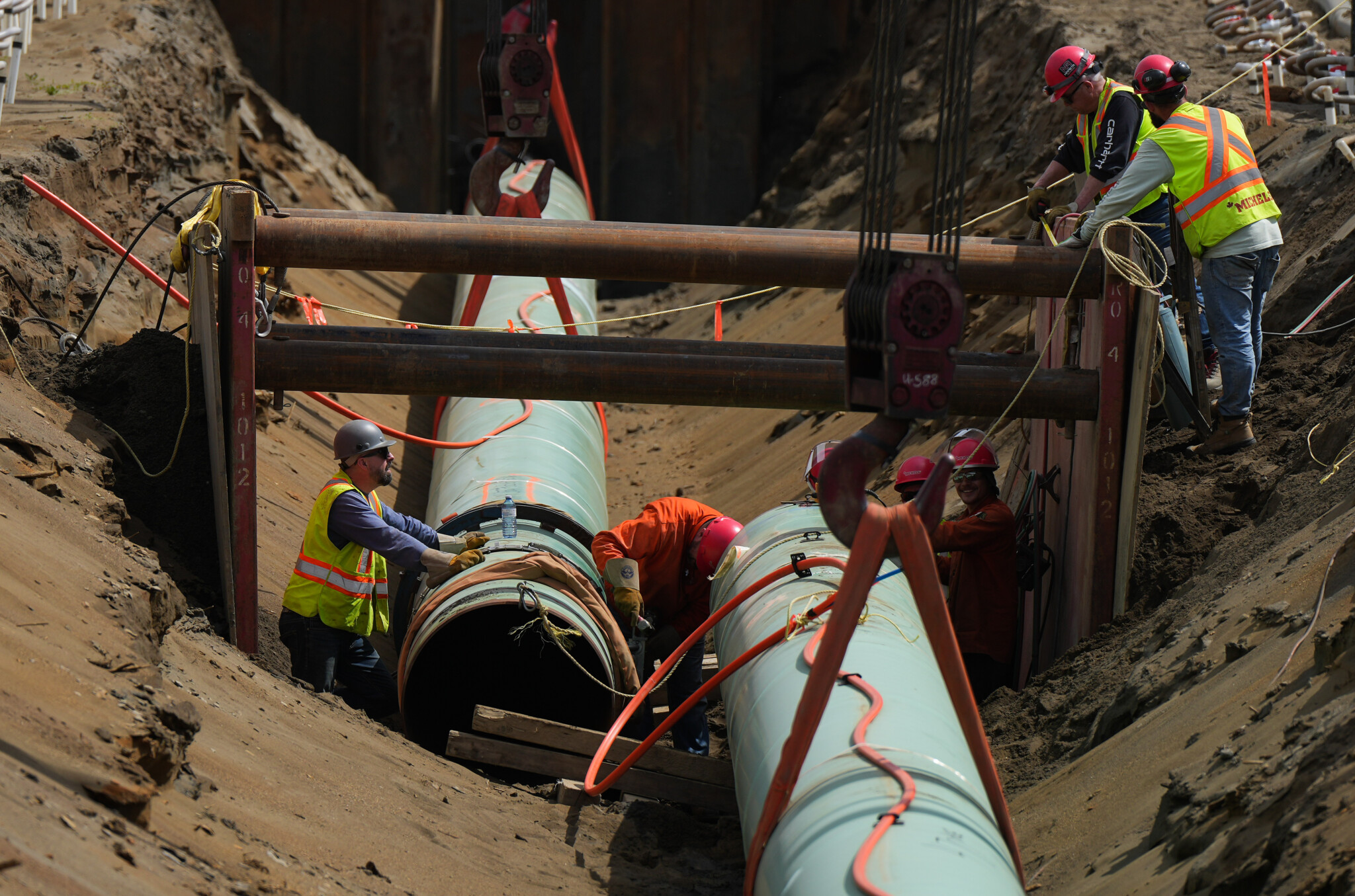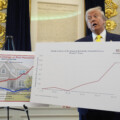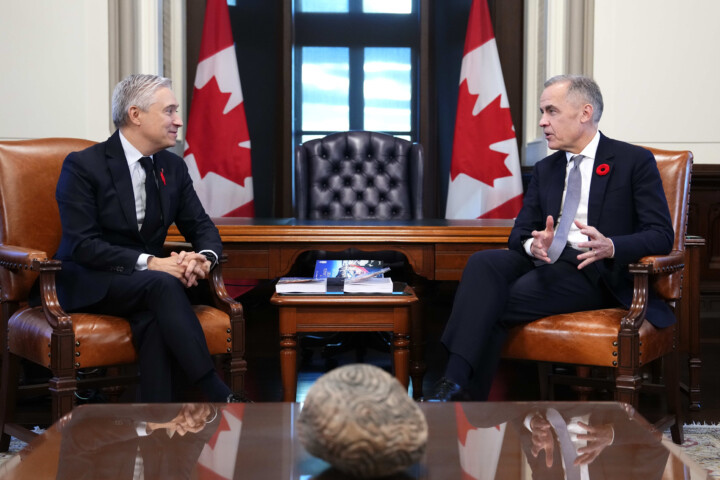
A majority of Canadians think that Canada is broken after years of stagnant incomes, affordability challenges, rising crime, government failures on basic functions like healthcare and immigration, and a deepening cultural malaise. But decline is a choice, and better public policies are needed to overcome Canada’s many challenges. Kickstart Canada brings together leading voices in academia, think tanks, and business to lay out an optimistic vision for Canada’s future, providing the policy ideas that governments need to ensure a bright future for all Canadians.
Part One
Canada has an over-regulation problem. After a decade of lost growth, our country’s thicket of heavy regulations casts a dark shadow on the otherwise fertile soil of our economy. Both the quenching rain of new capital and the invigorating sunshine of innovation are prevented from doing their inevitable and natural work.
Kickstarting Canada demands we solve this problem. In this two-part essay, I will first lay out the argument for a future de-regulation agenda, and then provide some practical principles and examples that can allow capital and innovation to drive long-overdue growth.
I ask generous Hub readers to indulge me, as I begin this essay with a story from a different continent.
I recently stumbled across this post from Thierry Breton, the EU Commissioner responsible for the European Union’s internal market.
Back in the day, #BlueChecks used to mean trustworthy sources of information✔️🐦
— Thierry Breton (@ThierryBreton) July 12, 2024
Now with X, our preliminary view is that:
❌They deceive users
❌They infrige #DSA
X has now the right of defence —but if our view is confirmed we will impose fines & require significant changes. pic.twitter.com/M9tGA5pYQr
I know, everyone loathes and mocks, Elon Musk, one of the world’s richest men for overspending on X, the social media platform everyone loves to hate…but come on. European bureaucrats are now going to spend thousands of hours and millions of Euros waging a years-long legal campaign against a software feature tweak that amended the blue check mark? It’s not just that it’s stupid (which it obviously is), it’s that these people should have better things to do.
(I feel similarly about the efforts to rename streets and squares in Toronto: It’s annoying, but mostly it’s just outrageous that anyone is tackling name changes before they attempt to address the deteriorating traffic apocalypse of gridlock and taillights on those same streets. Shouldn’t we demand policymakers tackle problems from biggest to smallest, in that order? I digress…)
Even before the passage of the Digital Services Act (DSA) that Breton references in his post, the EU was hostile to technology companies, which is why, with very few exceptions (actually just one, Spotify) Occasionally some Europeans claim Stripe as their own, but of course the Irish-born Collison brothers, being ambitious and entrepreneurial, moved to Palo Alto to form their financial payment giant., basically no successful tech startup has emerged from the EU. Hilariously, Wirecard, the shining example of European fintech success for much of the 2010s, imploded in a massive (and in hindsight, obvious) fraud in 2020. One of the two guys who ran the place turned out to have most likely been a Russian FSB asset.
Beyond the impressive Swedish music streaming service (I’m a fan), Europe’s most significant contributions to the technology universe are those irritating pop-ups asking you to accept cookies on nearly every webpage you visit—a gift of the EU’s General Data Protection Regulation (GDPR).
There has been lots written about the EU’s regulatory overreach, including most recently by the peerless Ben Thompson, author of Stratechery, and one of the most interesting and innovative writers on technology strategy, which I recommend to Hub readers.
This very long introductory aside makes a stark point. While some regulation is necessary to protect consumers and proscribe reasonable limits on certain business practices, overregulation regularly results in sclerosis, and occasionally, insanity. When you build a regulatory regime as thick and incomprehensible as the EU has, where vague rules allow career bureaucrats to dictate nuanced software feature changes, the only innovation you allow for is creating innovative new regulations themselves. (This isn’t hyperbole, they’re very proud of this.)
Before diving into practical Canadian examples, there’s a polar opposite example worth touching on from the United States.
While this reference steers a bit too close for comfort to “He who shall not be named” I do think this op-ed from Mick Mulvaney, the former director of the Office of Management and Budget in the U.S., makes an illuminating point (and also gains access to my imagination by using the Shibboleth lines from “A Man For All Seasons”). Penned when Mulvaney briefly took over as acting director of the Consumer Financial Protection Bureau, he noted that previous leadership had been determined to demonstrate its fervour by “pushing the envelope” on regulatory enforcement, and instead argues that “the people we regulate should have the right to know what the rules are before being charged with breaking them. This means more formal rule making, and less regulation by enforcement.”
He goes on to say:
“We are government employees. We don’t just work for the government, we work for the people. And that means everyone: those who use credit cards, and those who provide those cards; those who take loans, and those who make them; those who buy cars, and those who sell them. All of those people are part of what makes this country great. And all of them deserve to be treated fairly by their government. There is a reason Lady Justice wears a blindfold and carries a balance scale along with her sword.”
These two examples are illuminating polemics for thinking about any regulatory regime. On one side, an expansive, expanding, and inscrutable forest of regulations that stifles innovation and permits the government to sue you for altering the criteria of getting a blue checkmark on a universally reviled social media platform. On the other side, clear laws, enforced fairly, allowing everyone to understand the rules and make clear, informed decisions on that basis.








